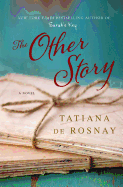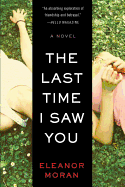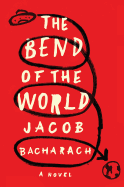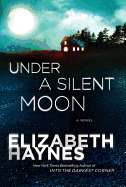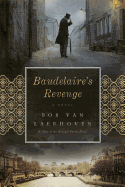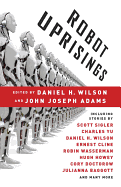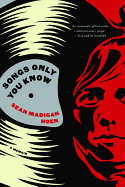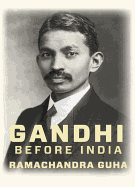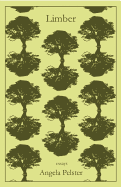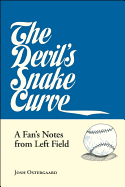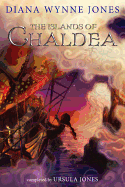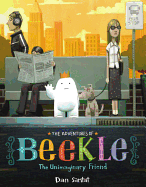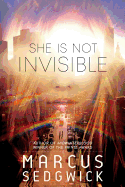 |
| photo: Ben Lister |
Eleanor Moran's three previous novels are Stick or Twist, Mr. Almost Right and Breakfast in Bed. Her new novel, The Last Time I Saw You (reviewed below), looks back at the tumultuous relationship of two young women after one dies in a car accident. Despite having no television at home growing up in North London, Moran now works as a television drama executive; her TV credits include Spooks, Being Human and a biopic of Enid Blyton, Enid, starring Helena Bonham Carter.
The Last Time I Saw You is based on a friendship you had in school. You've said you wanted to write about "the ambiguity and treachery of female friendships gone wrong." You also write about a very strong female friendship--Livvy and her sister, Jules. Is there a friendship that inspired this one?
I've been lucky to have some wonderful friendships over the years. I think I've looked for girls who could feel more like sisters to me than best friends, because of lacking one (maybe that's why I enjoyed writing the sibling relationship so much). Even the friendship the book is based on had many wonderful moments: she could be an incredibly loyal, warm friend, but then she could also be the opposite. I'm glad to say the women I have in my life now are more consistent and just as wonderful.
One less prominent relationship is between Livvy and her overly competitive co-worker Charlotte. Have you experienced that in the work world? Are you more like Livvy or Charlotte in that world?
I would hope I'm Livvy! And, yes, particularly in media, I've known some fairly bitchy work environments where you've had to watch out for smiling assassins. Lots of kisses on e-mails, not much love.
What have you learned about yourself as a writer now that you've completed The Last Time I Saw You?
I found Last Time very satisfying to write, and it was my first attempt at having some kind of thriller plot. Often in TV, you can get away with telling a relationship-based story if you have the "Trojan horse" of a crime plot, and it's obviously seeped into my thinking. My next novel, Every Breath You Take, is similarly constructed.
Was writing always a goal or did you have dreams to pursue something else when you were a young girl?
When I was a little girl, I wanted to be a paleontologist, but only because I thought it made me sound interesting and clever. I got my comeuppance when my beloved aunt got me a bunch of books about dinosaurs. I would have much preferred a Sindy [a British Barbie with horses] riding stable!
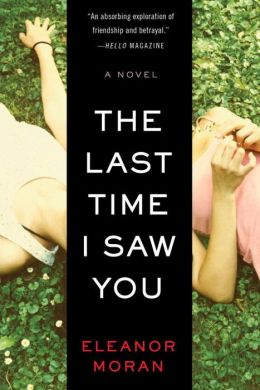 A chicken or egg question: Which came first, your desire to create for TV or to write novels?
A chicken or egg question: Which came first, your desire to create for TV or to write novels?
It took me years to pluck up the courage to write novels. I worked with so many fabulous writers in my TV job, and it would have felt kind of sacrilegious and a bit clichéd to say that I could do it, too (in fact, I've still largely steered away from scripts for this reason). I had a huge dilemma in my personal life, a semi-engagement that looked great on paper but didn't feel right in my heart. When a friend dropped out of a residential novel writing week, I took her place, started fictionalising the situation, and the rest is history.
Was the lack of TV in your childhood a force that encouraged you to pursue a career in television?
I guess TV was quite an exciting forbidden pleasure! My parents were very bookish, and it did feel quite rebellious (I was an only child, so had no siblings to lead me astray) to be into popular culture. I think I knew quite young I wanted to work in TV.
Tell us about your work in television.
I work as an executive producer for TV drama. Sometimes I come up with a concept for a show, and then go out and find a screenwriter to make it their own. Other times writers will pitch ideas to me. Then I will go and pitch the idea to a broadcaster, and go through a number of drafts on the script before hopefully getting it commissioned (this part is nail biting!). I worked at the BBC for many years, where I would sit on the other side of the desk looking at ideas and soliciting pitches. Once a show is commissioned, I will select a director and work with them on casting the piece and bringing together the rest of the production team to realize the piece. Production is exhilarating and terrifying in equal measure. Shows I've worked on include Rome, MI5 and Being Human. Most recently, I made a legal thriller called Lawless for Sky here in the U.K.
Your third novel, Breakfast in Bed, has been optioned for TV. If your book is made for TV, will you be involved in it?
Breakfast in Bed has sadly been and gone. I wrote the treatment for it, with the help of some fabulous producers, but relationship shows are notoriously hard to get commissioned in the U.K. and the BBC didn't take it further. I would have been an executive producer on it, and probably been a total pain in the a**! What I do know, from having done both jobs, is how much you have to be prepared to change a narrative to make it work in a different medium. I certainly wasn't precious about that.
In your TV work, the genres have really been varied, while your novels have all been stories of female relationships. Is your novel writing what you want to write and the TV you take what comes along? Or do you have other aspirations for your writing down the road?
I love both the TV and the writing--I'm incredibly lucky! I would struggle to choose between the two, although I'm sure at some point I'll have to, as the juggle is kind of crazy. I'm currently doing U.S. publicity for Last Time I Saw You, final rewrites for my new U.K. novel, Every Breath You Take, plus spending three days a week on my very busy TV job. And, yes, I would love to be able to make more relationship shows. Girls is my total treat, and I also adore The Good Wife.
What books are you recommending these days?
Ooh, what have I loved? I thought The Husband's Secret by Lianne Moriarty was great--really accomplished commercial fiction. A page-turner that made you think. I LOVED The Fault in Our Stars--I wept buckets--can't wait for the film. The One Plus the One, the new Jojo Moyes, is fab. It has a great deal to say, but it wears it lightly, and I was completely invested in the love story. I ALWAYS come back to Melissa Bank's The Wonder Spot, even though it's nearly a decade old. She excavates character so deftly, so funnily, and she writes about love like it matters. --Jen Forbus of Jen's Book Thoughts
Eleanor Moran: Juggling Media
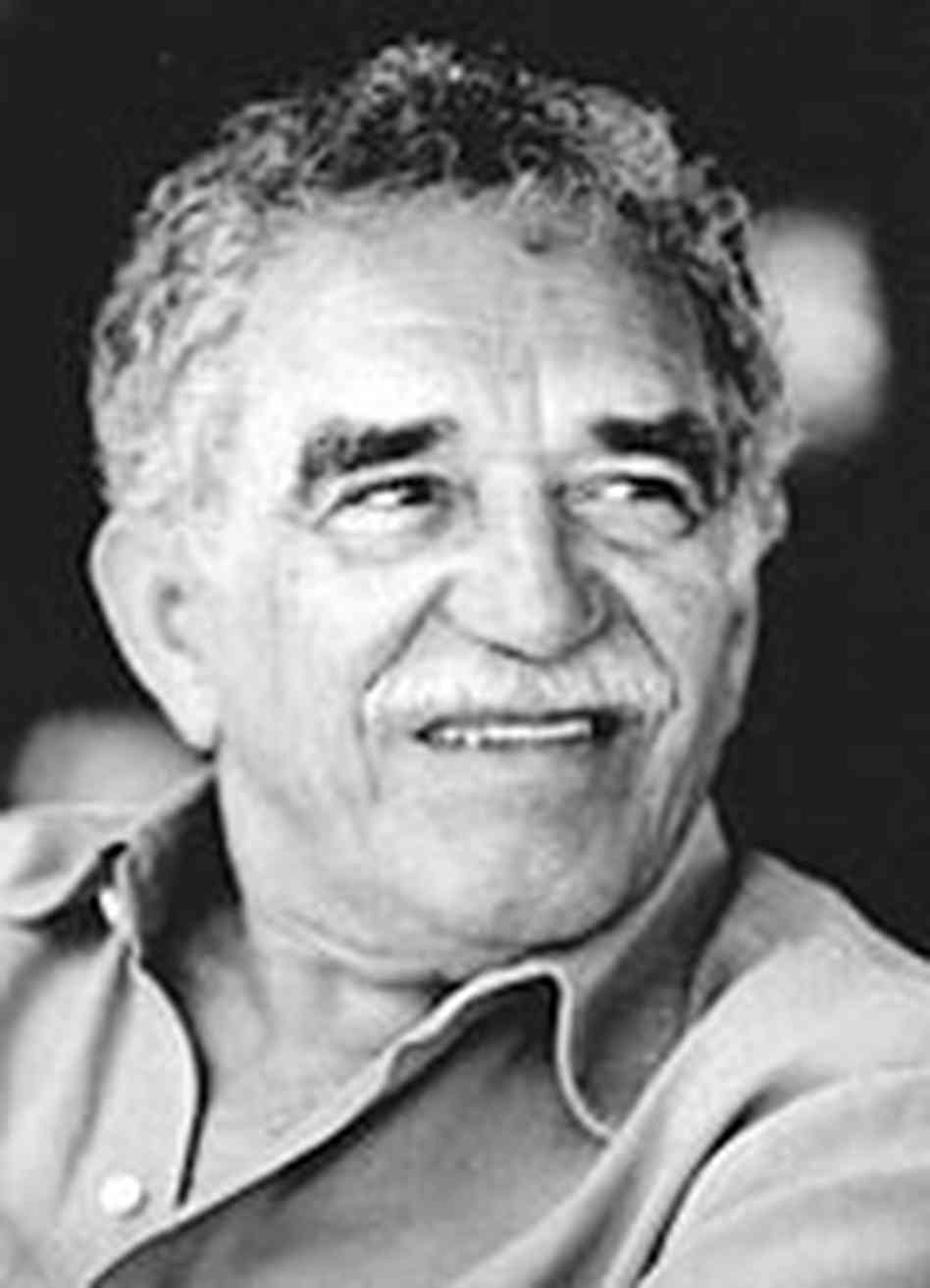 One of the most popular features in Shelf Awareness Pro is the Book Brahmin, where we ask authors (and others) questions about their reading habits, as we did recently with Adrian Harte. Had he ever faked reading a book? While he was dodging the question, he said in part: "Can you triangulate a book if you've read the work that inspired it, and the work it inspired? Gabriel García Márquez's Macondo is a few miles beyond the Castle of Kafka, but if you get to Allende's House of Spirits you've gone too far." In that answer, Harte mentioned an author who, over a period of eight years, has been the most-cited answer for every Book Brahmin question, from favorite authors to most memorable first lines. In tribute to Gabriel García Márquez, who died last week, here is homage from past Book Brahmins.
One of the most popular features in Shelf Awareness Pro is the Book Brahmin, where we ask authors (and others) questions about their reading habits, as we did recently with Adrian Harte. Had he ever faked reading a book? While he was dodging the question, he said in part: "Can you triangulate a book if you've read the work that inspired it, and the work it inspired? Gabriel García Márquez's Macondo is a few miles beyond the Castle of Kafka, but if you get to Allende's House of Spirits you've gone too far." In that answer, Harte mentioned an author who, over a period of eight years, has been the most-cited answer for every Book Brahmin question, from favorite authors to most memorable first lines. In tribute to Gabriel García Márquez, who died last week, here is homage from past Book Brahmins.



 A chicken or egg question: Which came first, your desire to create for TV or to write novels?
A chicken or egg question: Which came first, your desire to create for TV or to write novels?